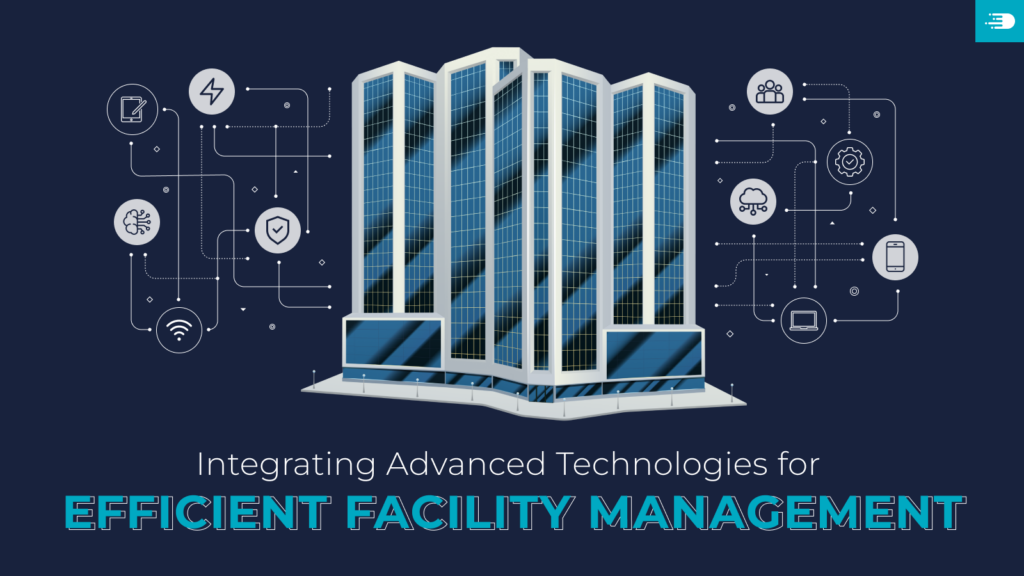Embracing Modern Challenges in Facilities Management with DIREK

In 2023, facilities managers are navigating a complex landscape shaped by evolving workplace dynamics, technological advancements, and a heightened focus on sustainability. The challenges are manifold, ranging from adapting to hybrid work models to ensuring security and wellness in work environments.1 Addressing these challenges effectively is crucial for maintaining efficient, safe, and sustainable facilities. DIREK’s advanced occupancy monitoring solutions are at the forefront of tackling these challenges with a range of innovative features.
Challenges in Facilities Management
Expanding and Contracting Space Needs: The transition to hybrid work models has introduced fluctuating space requirements. Facilities managers are tasked with the challenge of adapting spaces for a mix of remote and in-office work, necessitating flexible and dynamic space management solutions.1
Safety and Worker Turnover: The pandemic has led to high worker turnover, raising significant safety concerns, particularly in high-risk industries. Maintaining safety standards amidst this turnover is a pressing challenge for facilities managers.
Security Risks: With increasing threats to physical and cybersecurity in workplaces, proactive measures for protecting buildings and data privacy are more critical than ever.
Focus on Comfort and Wellbeing: Creating work environments that positively impact wellness and productivity is gaining prominence. This includes the management of environmental factors such as temperature, lighting, and noise.
Sustainability and ESG Goals: The growing concern for sustainability requires facilities managers to implement environmentally friendly policies and systems to minimise environmental impact and promote sustainable growth.2
Adoption of IoT Technology: The integration of IoT in facilities management is enhancing decision-making capabilities and streamlining maintenance processes.2
Readiness for Unprecedented Events: Facilities managers must be prepared for unforeseen events, necessitating adaptable and resilient management strategies.
Cost Inflation and Economic Pressures: The FM industry faces challenges in managing cost inflation, especially in labour markets and hard service areas like electrical, plumbing, and HVAC.3
DIREK’s Solutions for Facilities Management Challenges

Dynamic Space Utilisation: DIREK employs Radio Detection (RD) technology and Lidar systems to provide real-time, accurate data on occupancy. This capability is essential for managing the varying space requirements in hybrid work environments, ensuring efficient real estate utilisation.
Enhanced Safety Protocols: DIREK’s precise estimation of individual numbers and activity levels aids in maintaining and enforcing safety standards, a critical feature in areas with high employee turnover.
Improved Security Management: DIREK strengthens physical security by monitoring occupancy and movements within a facility. Its commitment to privacy and GDPR compliance addresses the dual concerns of physical and cybersecurity.
Optimising Workplace Environment: By monitoring key environmental factors, DIREK helps create more comfortable and productive workspaces, enhancing employee well-being, utilising smart building technology.
Supporting Sustainability Initiatives: Integrated with Building Management Systems (BMS), DIREK contributes to reducing CO2 emissions and carbon footprint, aligning with sustainability objectives.
Leveraging IoT for Operational Efficiency: With its connectivity to various IoT protocols, DIREK offers comprehensive insights into building operations, promoting efficient management and proactive maintenance. DIREK’s space optimisation and environmental monitoring system ensure optimal indoor conditions.
Preparedness for Emergencies: The system aids in preparing for unexpected events, enhancing the resilience of facilities by monitoring critical aspects like social distancing and emergency exit paths.
Cost Management: DIREK optimises space usage and automates HVAC and lighting, contributing to significant energy savings and operational cost reduction. Its integration of smart sensors and occupancy sensors helps maintain efficiency and adapt to CO2 monitoring requirements, which are crucial for IoT smart city initiatives.
DIREK’s suite of features, encompassing RD technology, Lidar, IoT integration, and alignment with BMS, provides a comprehensive approach to the multifaceted challenges faced by facilities managers today. This range of capabilities not only makes DIREK a versatile tool for managing facilities but also ensures alignment with the evolving needs of efficient, safe, and sustainable facilities management.
References:
